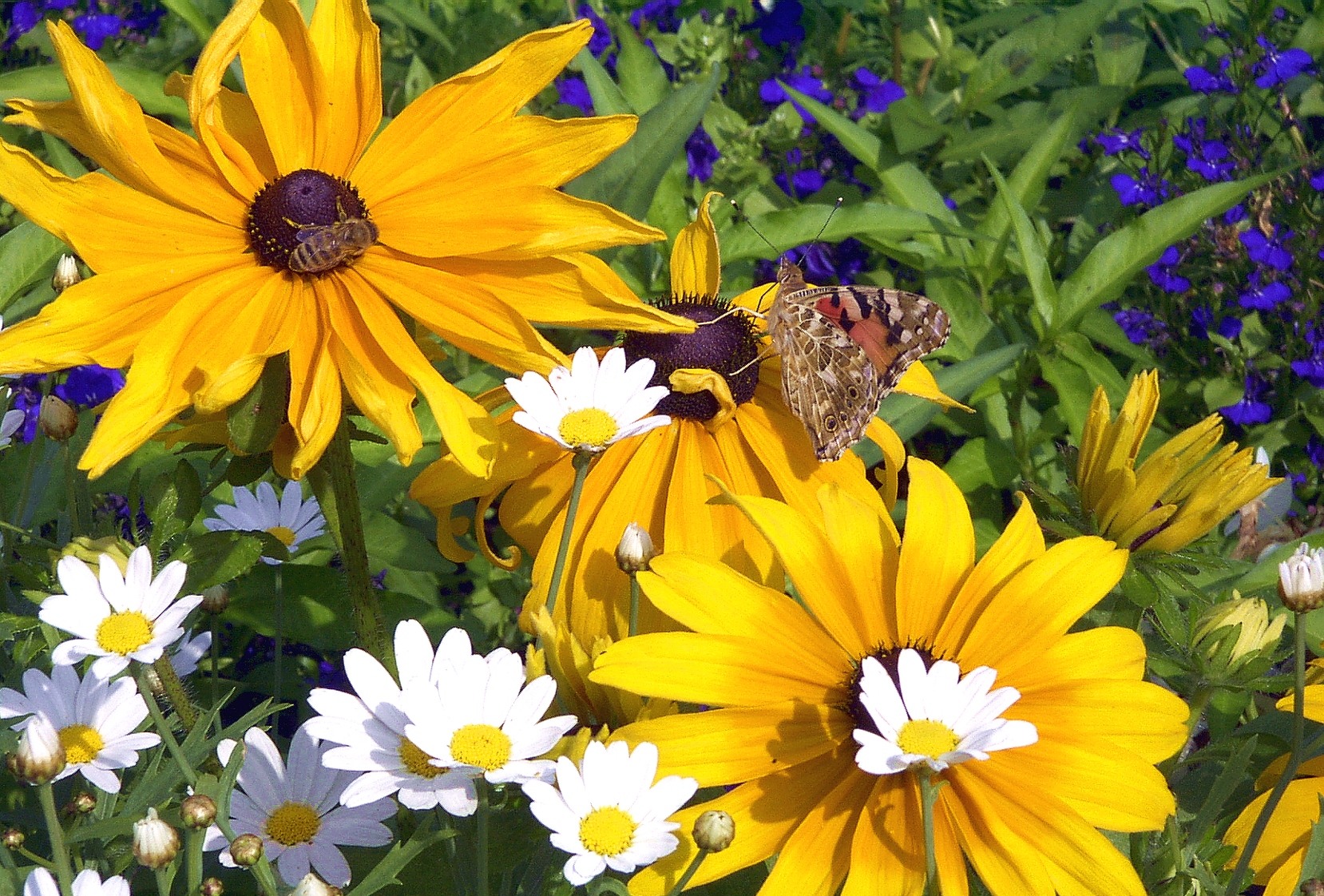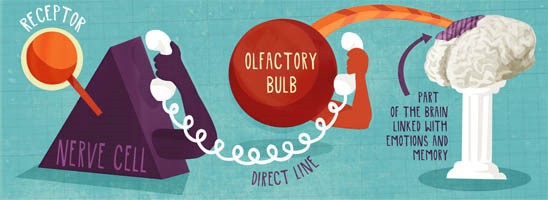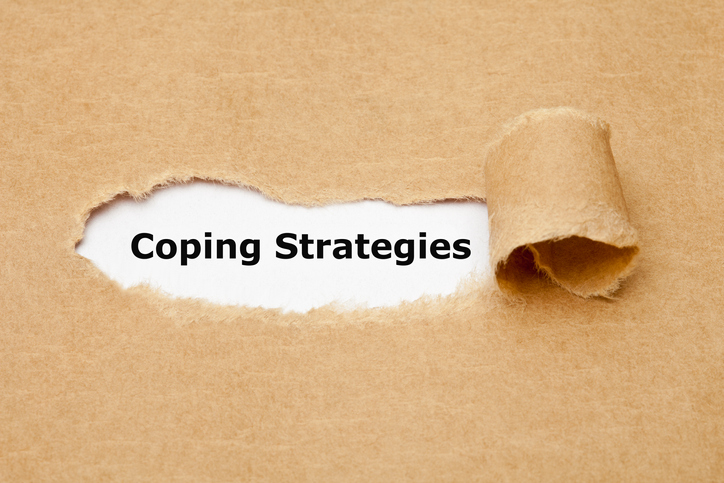Often the focus of wellness initiatives is on physical health, followed by mental health, and sometimes spiritual health. Often times we forget to focus on what makes us, us – our intellectual wellbeing. For adults and children alike, COVID has changed the way we engage with those things have kept us cognitively sharp and engaged in the world around us. And so today’s wellness post comes to us from Tracy Kennedy and provides 12 ways to improve your intellectual wellness.
1. Try Something New – Neuroplasticity is the brain’s capacity to continue growing and evolving in response to life experiences. Your brain can change and adapt through stimulation, stress, and experiences. What new thing will you try to do outside your comfort zone today? You might start with a Wikipedia Treasure Hunt to generate future ideas!
2. Read – One of the common habits of the most successful people in the world? They read. Oprah, Bill Gates, Jeff Bezos, Elon Musk, Warren Buffet, Sheryl Sandberg, LeBron James are all avid readers. Don’t start with War and Peace, start with a shorter work on a topic you already like just to build the habit.
3. Exercise – Not only is exercise good for your heart and body, but it can also help improve another major muscle, your brain. In a study done at the University of British Columbia, researchers found that regular aerobic exercise—the kind that gets your heart and sweat glands pumping—appears to boost the size of the hippocampus, the brain area involved in verbal memory and learning. So get out and walk, run, swim – get active anyway you can!
4. Be Social – We are social beings hardwired for connection. That means we need to spend time engaging with others to thrive as we learn how to get a life we can enjoy. Studies have shown that people who socialize often have higher levels of happiness than those who don’t. Plus, when you’re around others, we learn and grow because we hear different perspectives and new stories.
5. Stay Curious – Curiosity increases brain activity and activation. Being curious about something not only improves learning about that specific subject but increases your overall learning and retention capabilities, too. Curious why your local baker started her bakery? Ask her. Curious about the plant-based movement? Watch a documentary!
6. Eat Well – The food you eat fuels not just your body but your brain. In fact, your brain consumes about 20% of your daily calories! Inflammatory foods such as sugar, dairy, and refined carbs affect you negatively, while clean, nutrient-dense foods affect you positively.
7. Get Creative – Creativity stimulates your intellectual wellness and improves your overall health. Take music, for example. You’ve likely heard that music makes you smarter. One study showed that executive functions (EF) were enhanced in musicians compared to non-musicians. These include problem-solving, working memory, processing speed, and cognitive flexibility.
8. Stay Hydrated – The human brain is composed of over 75% water, with some studies suggesting that the number is closer to 85%. Do you want to improve your focus and clarity? Aim to drink at least eight 8-ounce glasses daily. Increase the hydration factor by adding electrolytes or a little sea salt to increase absorption into your cells.
9. Sleep – Sleep. Sleep, you say? Doesn’t that seem like an odd thing to do if I want to grow my intellectual capacity? Shouldn’t I be actively doing something? When we sleep, our brain removes stored toxins and takes out the ‘mental trash,’ which allows our brains to function better. According to research, “sleep has a restorative function. Lack of sleep impairs reasoning, problem-solving, and attention to detail, among other effects.”
10. Practice Self-Reflection – Just like physical wellness is about growth and strength, so is intellectual wellness. Taking the time to reflect on yourself and your life is a great way to engage your brain. It’s about taking a step back and reflecting on your life, behavior, and beliefs. Self-reflection improves self-awareness, provides perspective, facilitates a deeper learning level, challenges your assumptions, enables learning and growth opportunities, and even improves confidence.
11. Meditate – Meditation and mindfulness seem to be the answer to all that ails you, and yes, they can help with increasing your brainpower, too. Meditation allows you to calm your thoughts and achieve greater mental and emotional clarity.
12. Pick Up Your Rubik’s Cube – Working through puzzles or finding words in patterns uses a great amount of brainpower. Increasing your ability to work through these activities can maintain and build your intellectual wellness. Want to go old school? Pick up a crossword puzzle, grab your book of sudoku, or play a game of chess. New school? Grab your smartphone for a game of Words with Friends or check out one of the many free brain game apps like Lumosity or Brain HQ.









